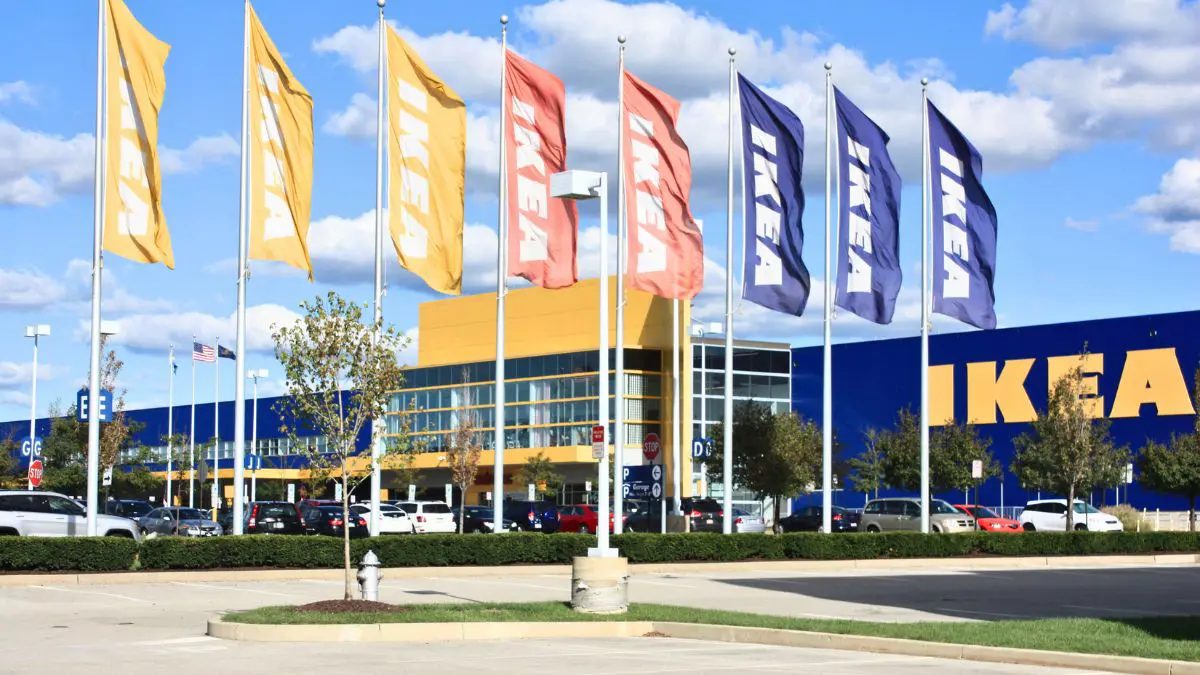Biggest IKEA retailer to channel $1 billion into recycling ventures
15 Jan 2025

The investment division of the Ingka Group, recognized as the foremost global IKEA retailer, has unveiled plans to channel €1 billion ($1.03 billion) into recycling enterprises. This ambitious initiative seeks to address the environmental impact of discarded IKEA furniture, bedding, and mattresses, often relegated to incinerators or landfill sites.
This commitment emerges against the backdrop of the European Union’s legislative push to impose fees on retailers for every textile or apparel item sold within the bloc. These funds aim to bolster the infrastructure required to process the burgeoning mountain of discarded textiles that are straining waste management systems.
Of the allocated €1 billion, Ingka Investments has earmarked approximately two-thirds—around €667 million—for fresh, as-yet-undisclosed investments in recycling enterprises, with a sharp emphasis on the textile sector. The remaining funds will be directed toward augmenting investments in existing partners, such as mattress recycling specialist RetourMatras and plastics recycler Morssinkhof Rymoplast.
Additionally, Ingka is exploring avenues to venture into the recycling of wood, a cornerstone material in IKEA’s product lineup.
“The significant carbon emissions linked to these materials, coupled with the glaring inadequacies in recycling capacity, have compelled us to focus our efforts on these segments,” stated Lukas Visser, investment director at Ingka Investments, in a recent interview. “The concept of a circular economy is still in its infancy, necessitating a strategic narrowing of focus.”
The Ingka Group’s portfolio extends beyond recycling investments, encompassing forestry, renewable energy sources such as solar and wind, and real estate. The organization has set an ambitious objective: to recycle an equivalent volume of mattresses, plastics, and textiles as IKEA sells by 2030.
Peter van der Poel, managing director of Ingka Investments, revealed that the group intends to announce a landmark investment in textile recycling within the current year.
“We believe scaling and amplifying capacity are crucial—not just to meet IKEA’s requirements but to address broader market demands,” van der Poel explained.
He further underscored the pivotal role of legislation in driving companies to prioritize recycling over incineration. The EU’s forthcoming Extended Producer Responsibility legislation, he noted, could create a more equitable competitive landscape, making recycled materials more financially viable compared to their virgin counterparts.
Ingka Group, the largest IKEA franchisee, operates IKEA outlets across 31 nations and contributes to a staggering 90% of global IKEA sales.
FAQs about IKEA’s €1 billion investment in recycling ventures
1. Why is the Ingka Group investing €1 billion in recycling companies?
Ingka Group aims to reduce the environmental impact of discarded IKEA products such as furniture, bedding, and mattresses. This investment seeks to enhance recycling capabilities, minimize waste sent to landfills or incineration, and support the shift toward a circular economy.
2. What specific areas will the investment target?
Approximately two-thirds of the €1 billion—about €667 million—will fund new investments in recycling companies, especially focusing on textiles. The remainder will bolster existing investments, including companies specializing in mattress recycling (RetourMatras) and plastics recycling (Morssinkhof Rymoplast).
3. Is IKEA focusing on recycling materials other than textiles and plastics?
Yes, Ingka Group is also exploring opportunities to invest in wood recycling, as wood is a fundamental material in IKEA’s furniture production.
4. What prompted this initiative from Ingka Group?
The EU is developing legislation that would impose fees on retailers for every textile or clothing item sold, encouraging better sorting and recycling. Additionally, the need to address carbon emissions and overcome recycling capacity shortages has driven Ingka to act.
5. How does this investment align with IKEA’s sustainability goals?
Ingka Group aims to recycle as many textiles, mattresses, and plastics as IKEA sells by 2030. This aligns with IKEA’s broader commitment to sustainability and reducing its environmental footprint.
6. When will the investment in textile recycling be announced?
According to Peter van der Poel, Ingka Investments’ managing director, the group plans to announce a significant investment in textile recycling within the current year.
7. How does legislation influence this initiative?
The EU’s proposed Extended Producer Responsibility legislation could incentivize recycling by making recycled materials more competitively priced compared to virgin materials. Such policies encourage businesses to prioritize sustainable practices.
8. What role does Ingka Group play in IKEA’s global operations?
Ingka Group is the largest IKEA franchisee, operating stores in 31 countries and accounting for 90% of IKEA’s global sales.
9. Besides recycling, in which other sectors does Ingka Group invest?
The group also invests in forestry, renewable energy (such as solar and wind), and real estate, demonstrating its commitment to sustainable development across multiple sectors.
10. How does this initiative benefit markets beyond IKEA?
While the primary focus is meeting IKEA’s needs, the investments also aim to create scalable solutions for recycling that benefit broader market demands, fostering a more sustainable ecosystem for the entire industry.

















